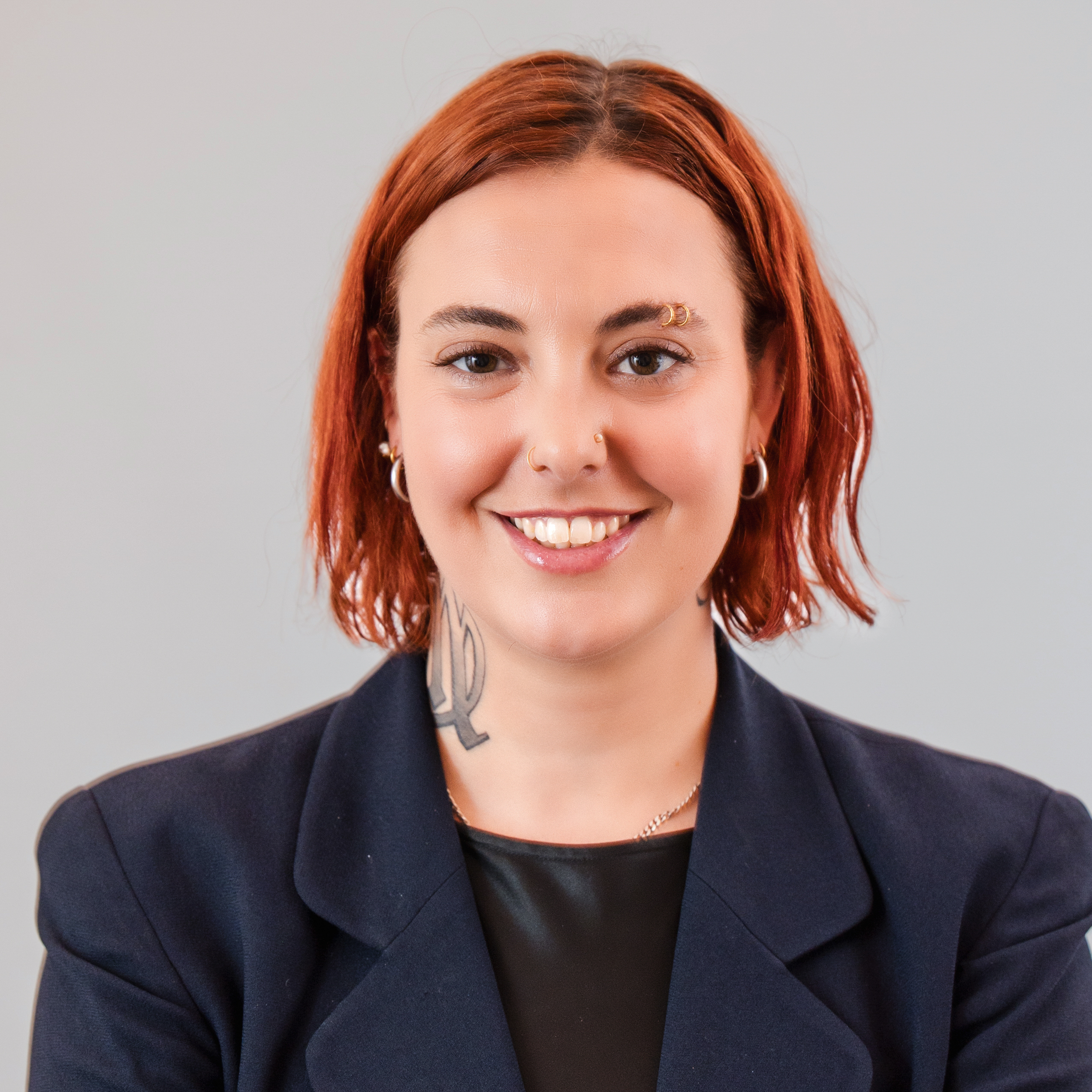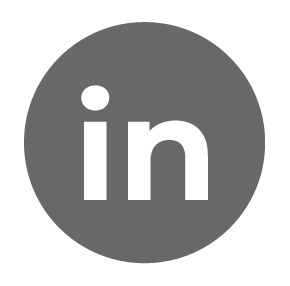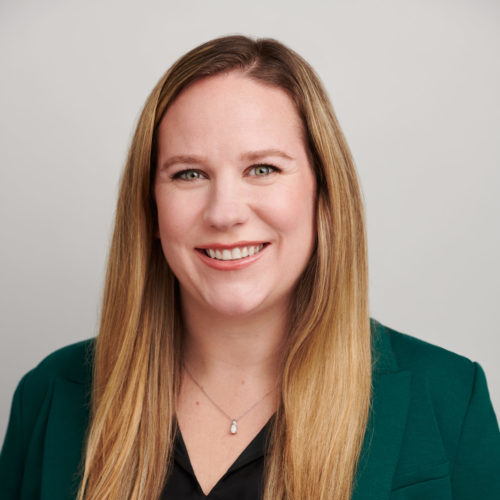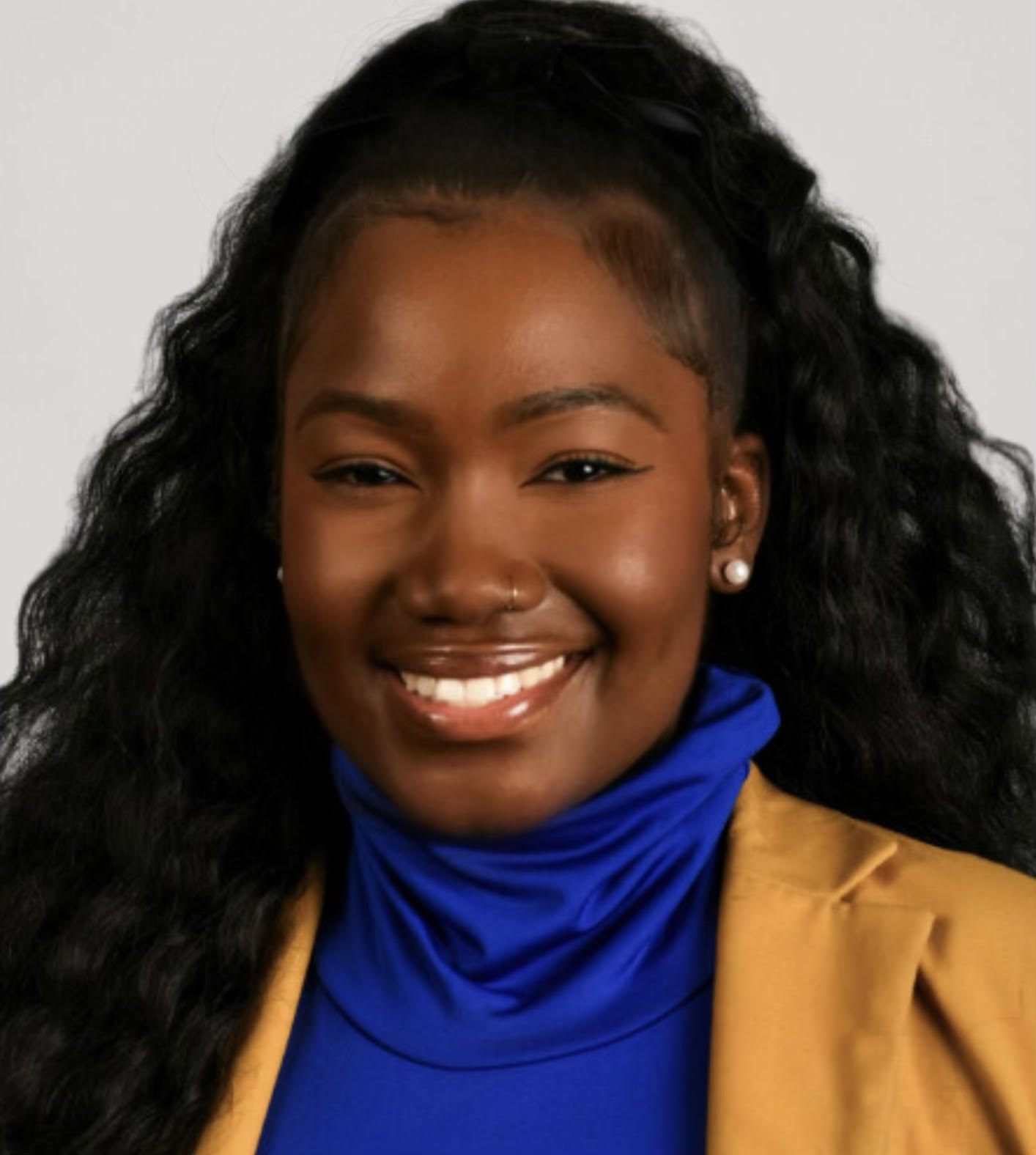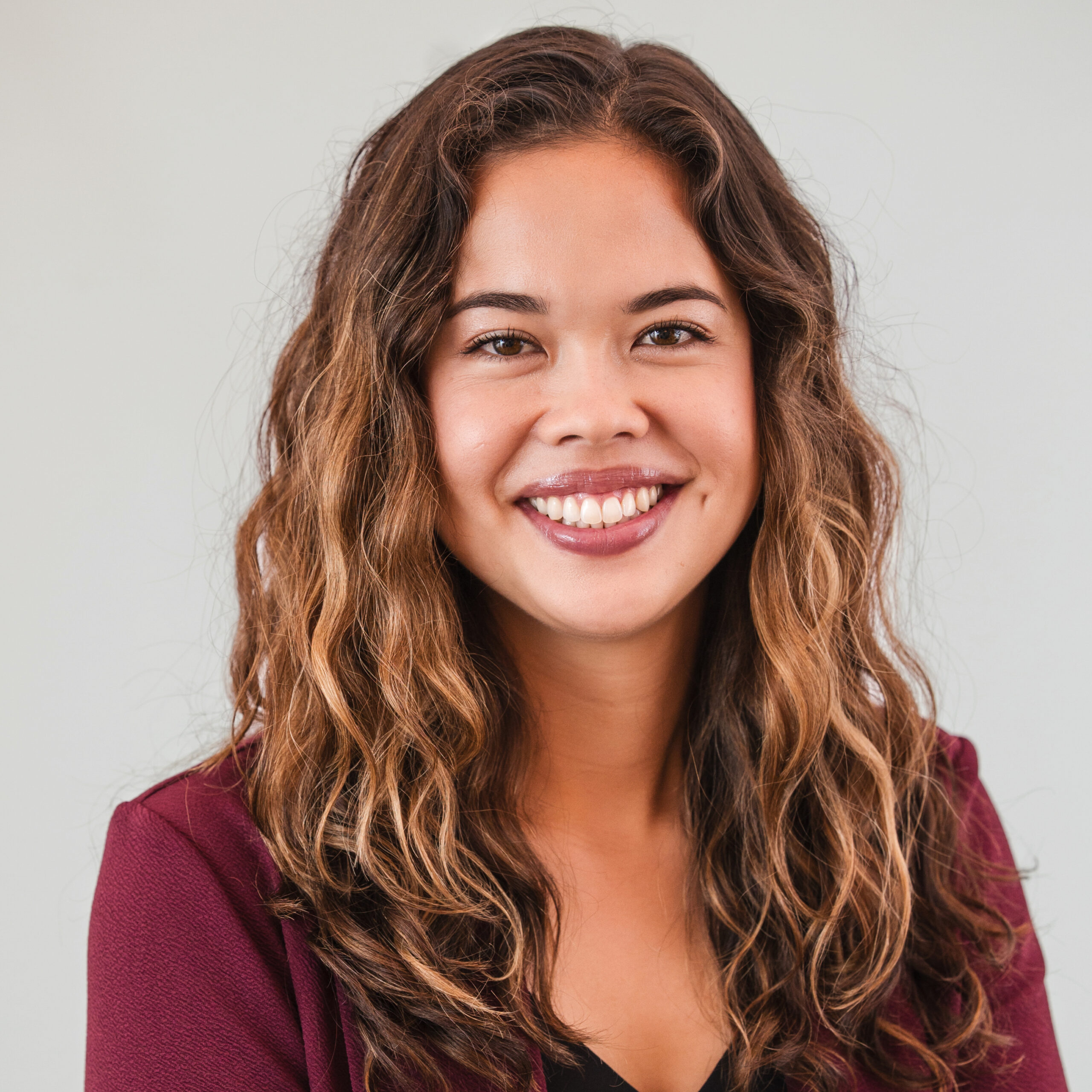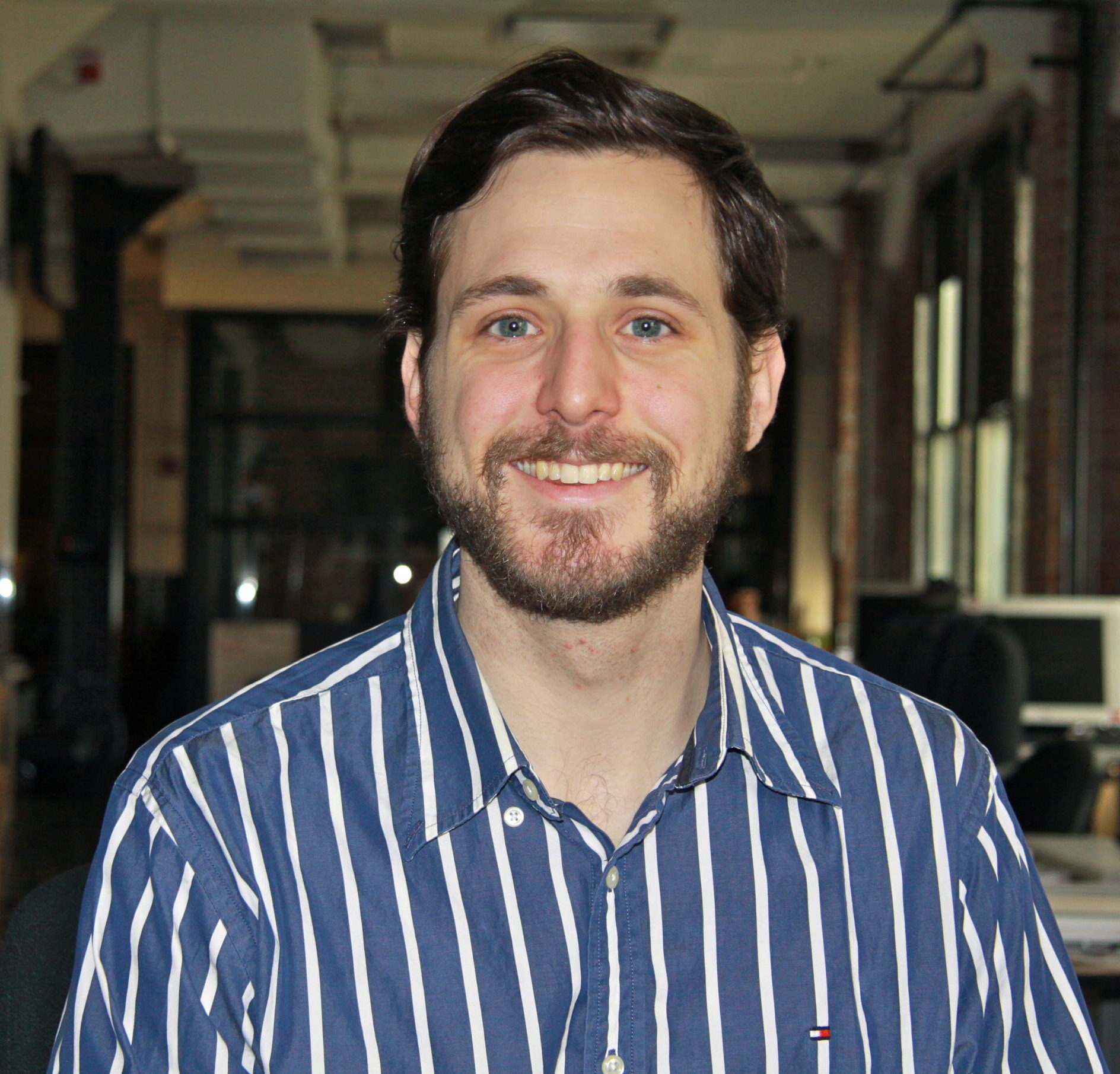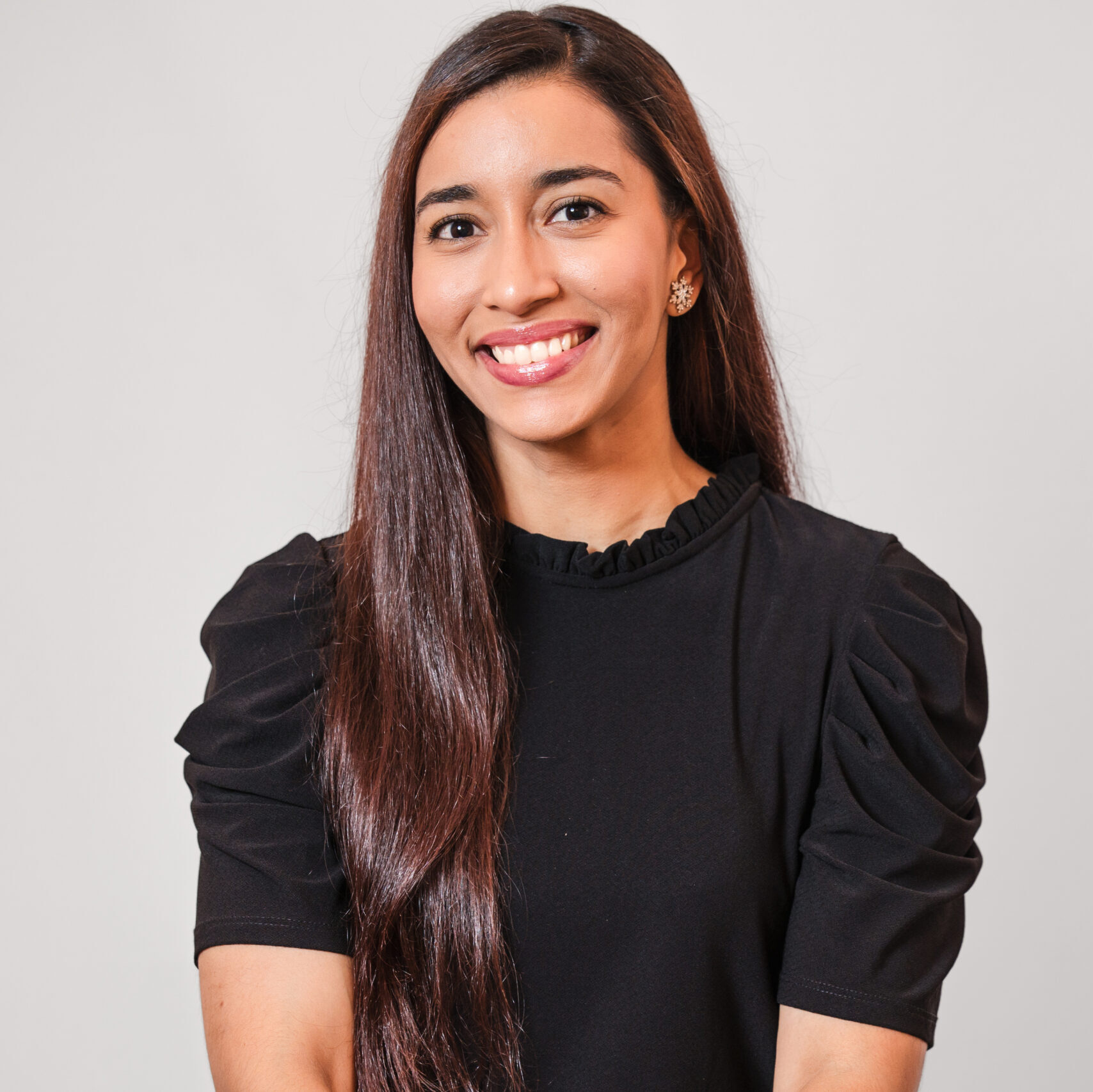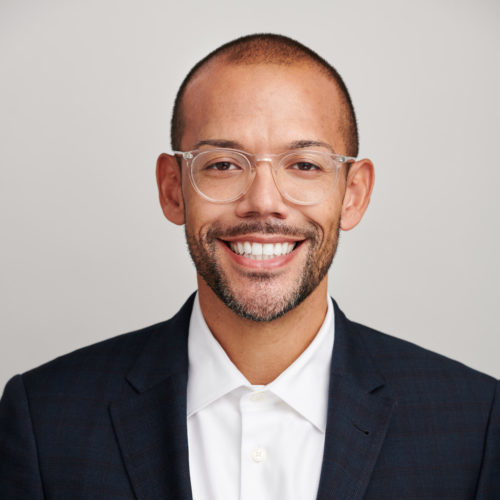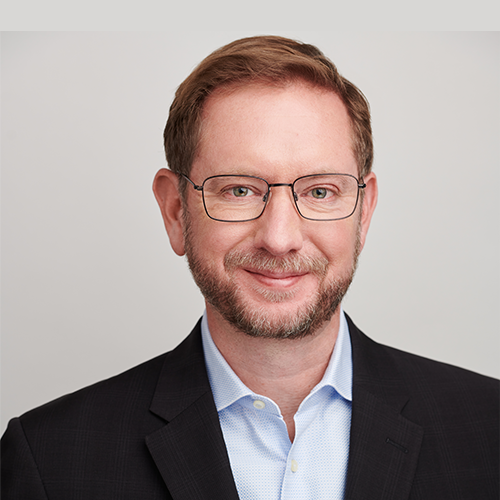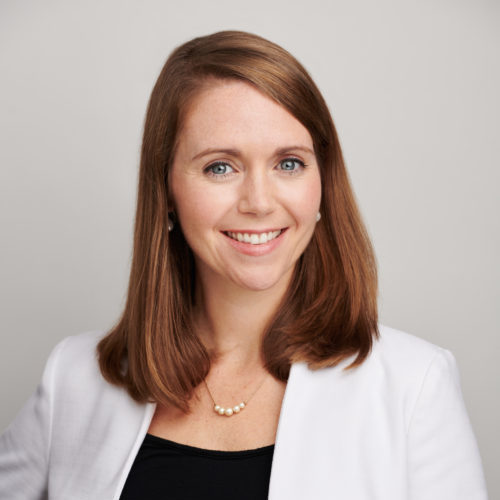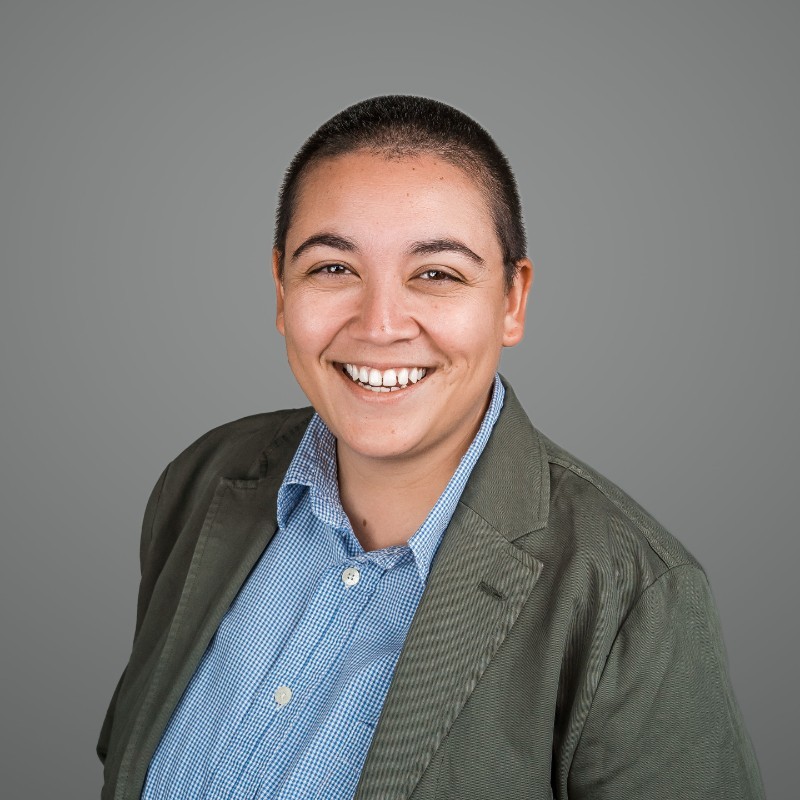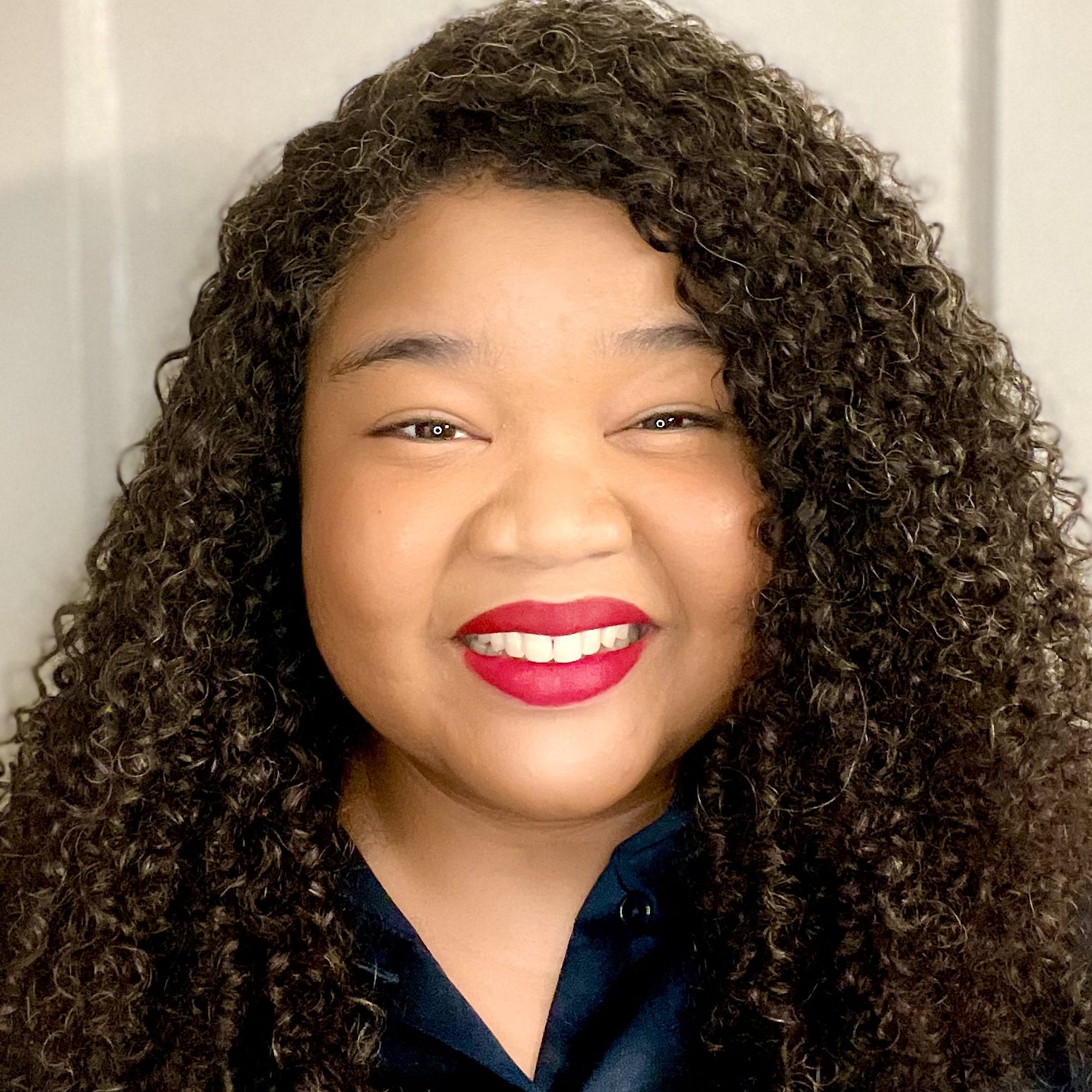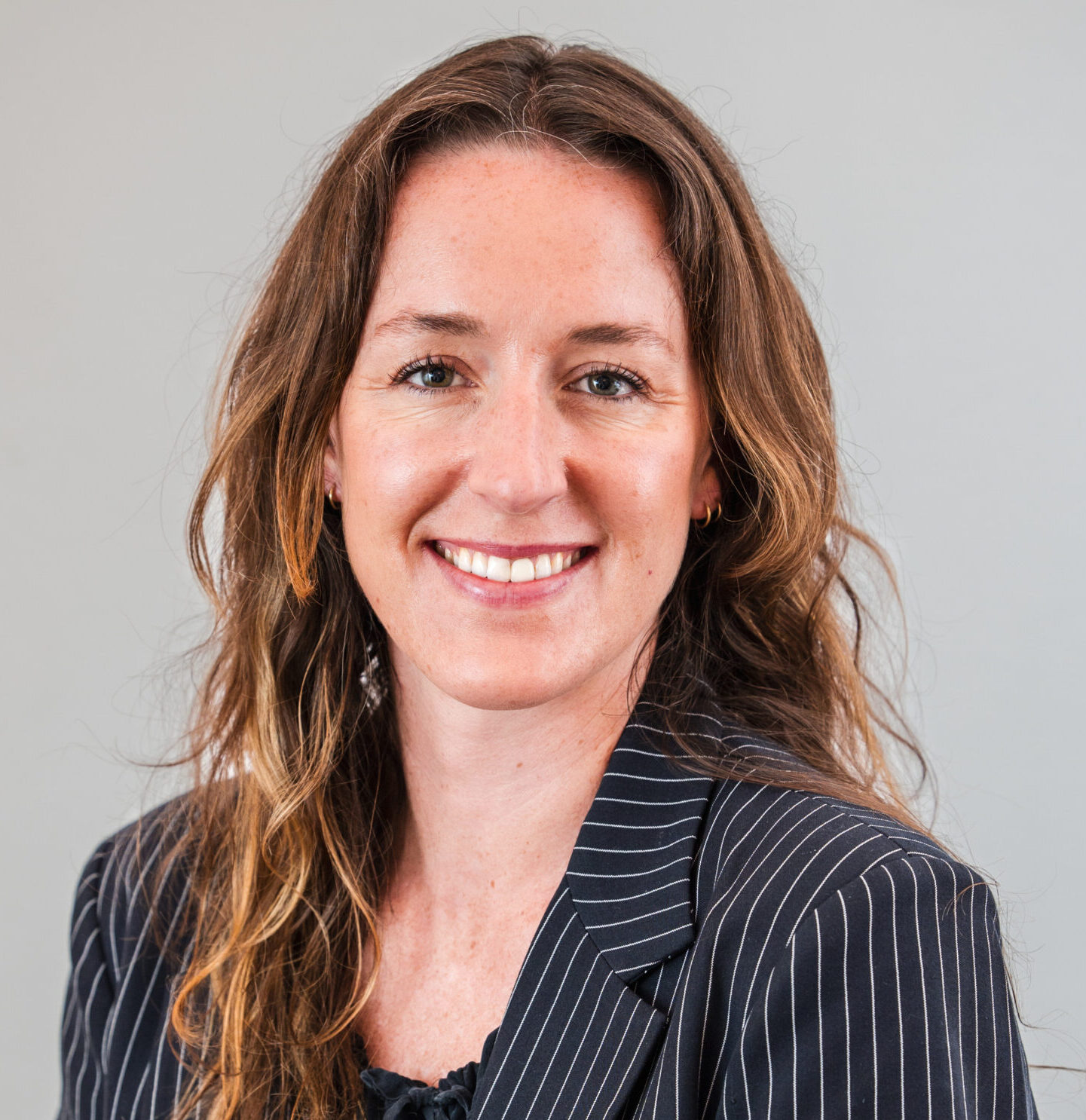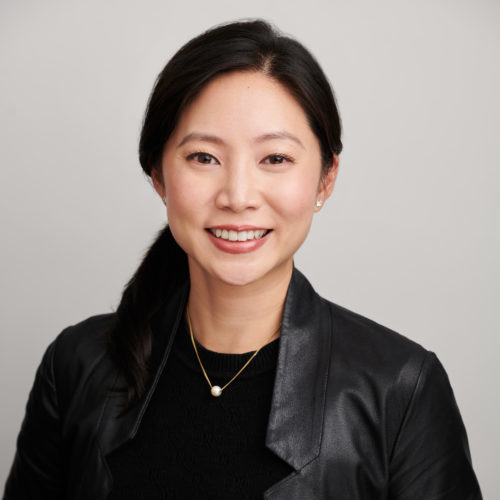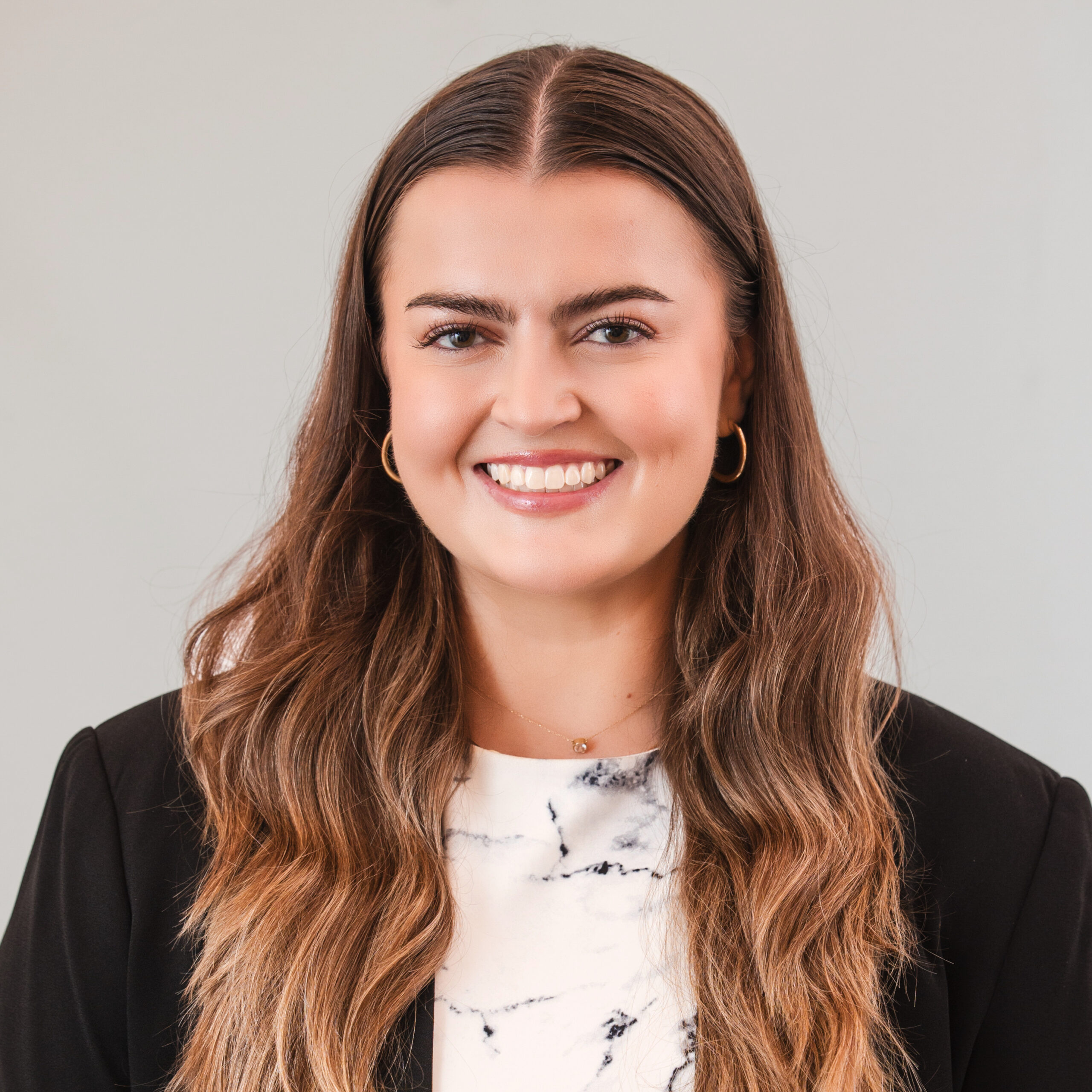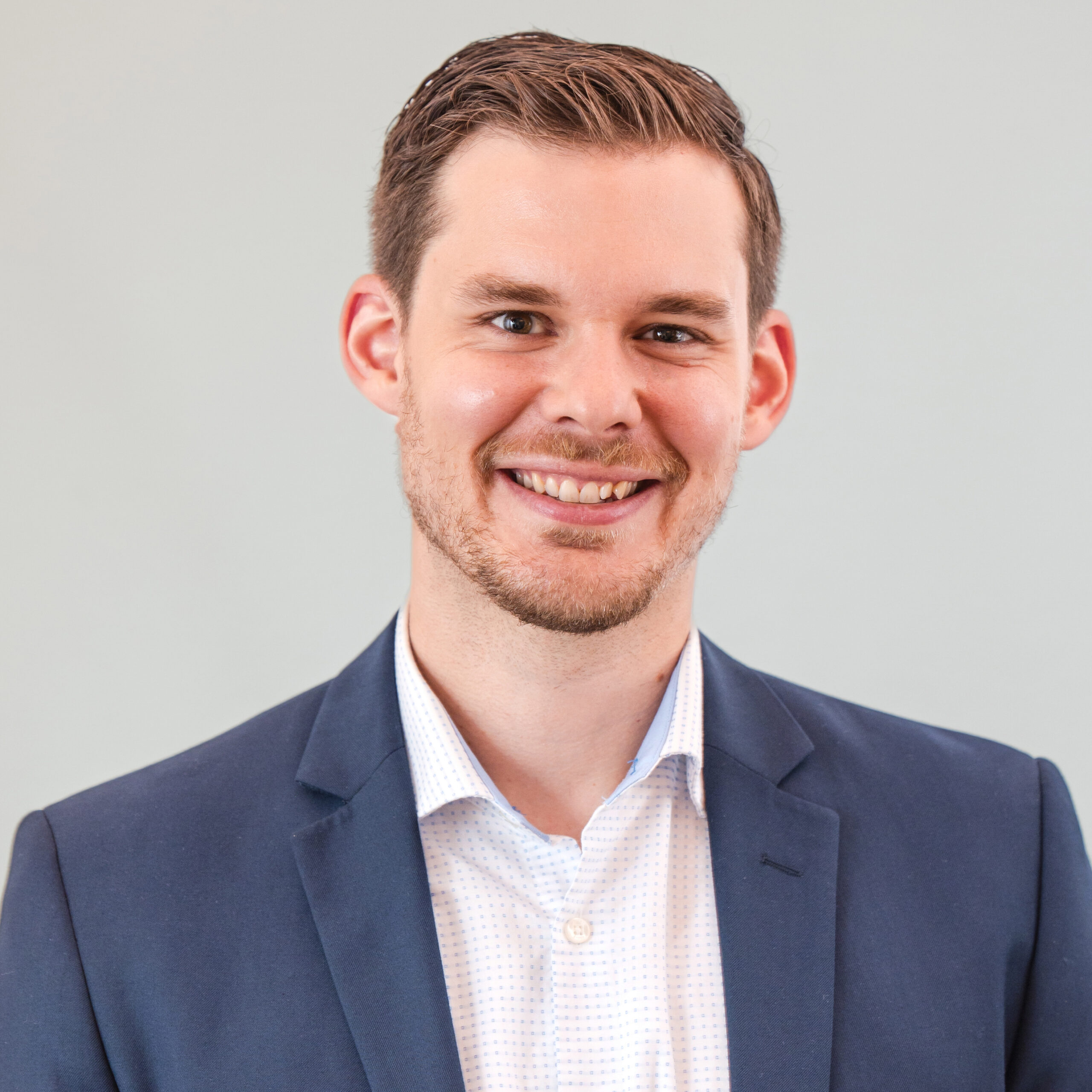About Us
We’re focused on understanding and shaping the impact of technology on society
Who We Are
We support organizations working at the intersections of learning, workforce, and infrastructure. Founded in 2011 by David Siegel, co-founder and co-chairman of the financial sciences company Two Sigma, we believe that philanthropy is society’s risk capital – it can help drive innovation by investing in local leaders and community-born solutions, fostering prosperous and equitable futures for all. Our work is centered around funding organizations that address society’s most critical challenges, while supporting innovative civic and community leaders, social entrepreneurs, researchers, and more that are driving this work forward.
Our Mission
To understand and shape the impact of technology on society
Our Vision
A world in which all people have the tools, skills, and context necessary to engage meaningfully in a rapidly changing society
A Brief History
Meet
Our Team
Our team has a wide range of experience and expertise. Learn more about each of us, or reach out to a specific Siegel team member below. To see open positions on our team, click here.
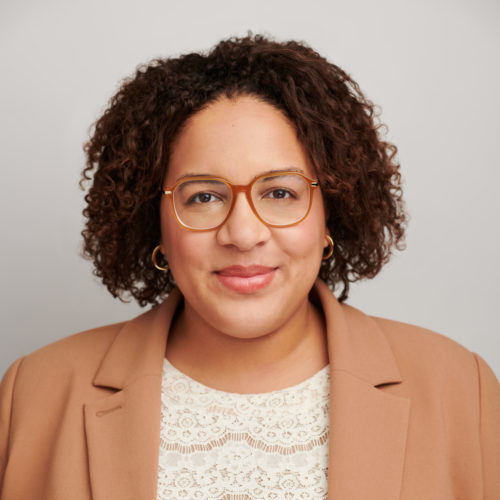
President & Executive Director


